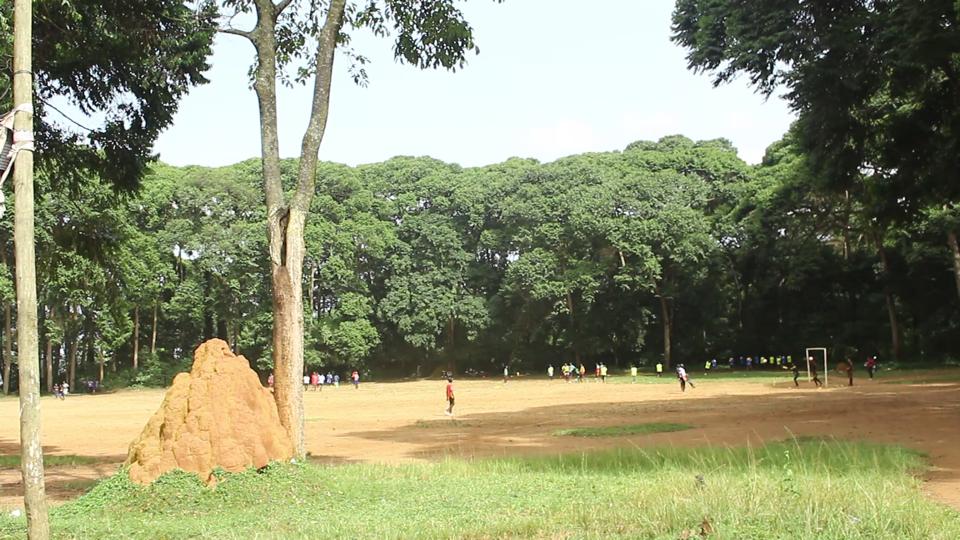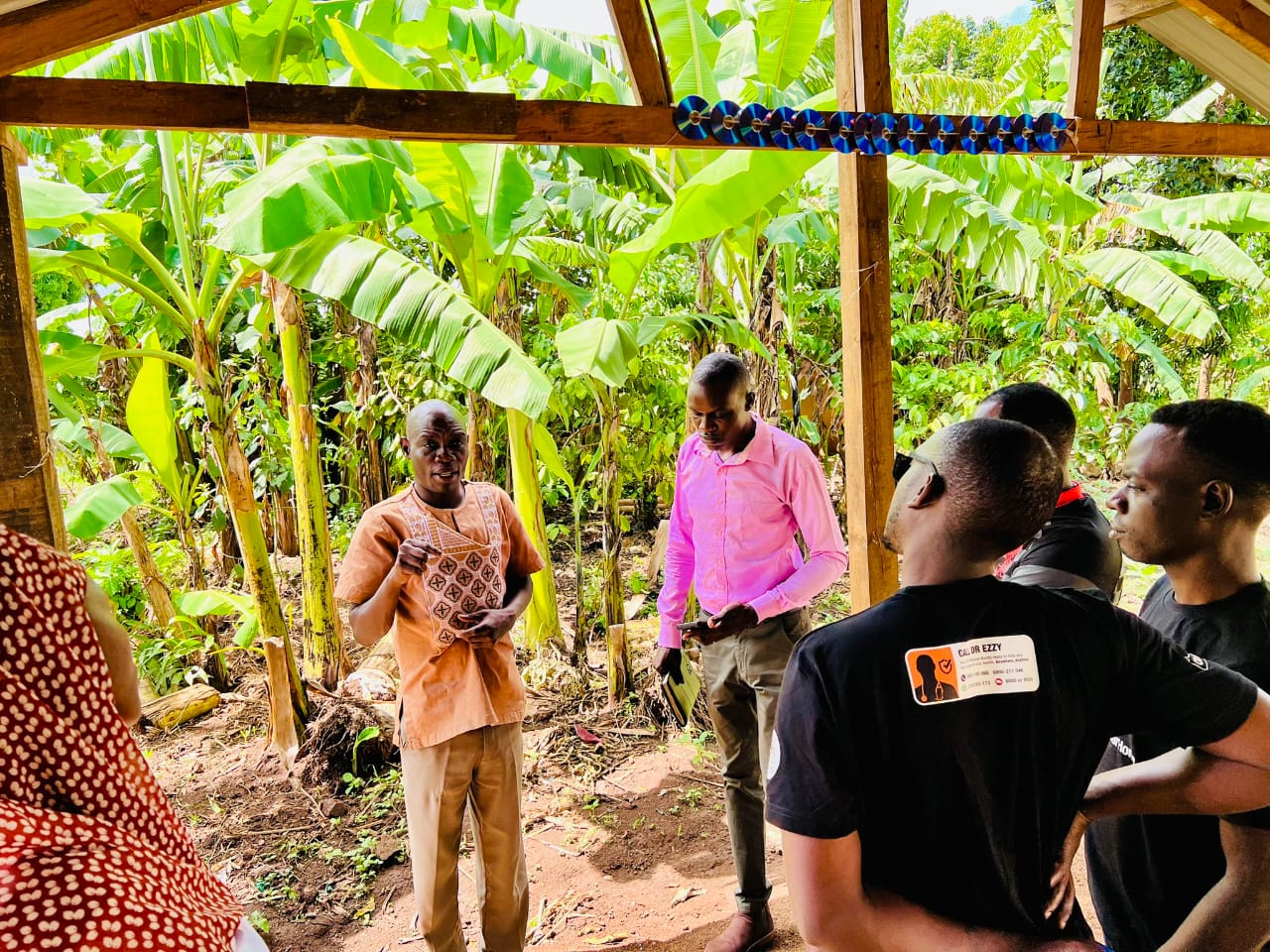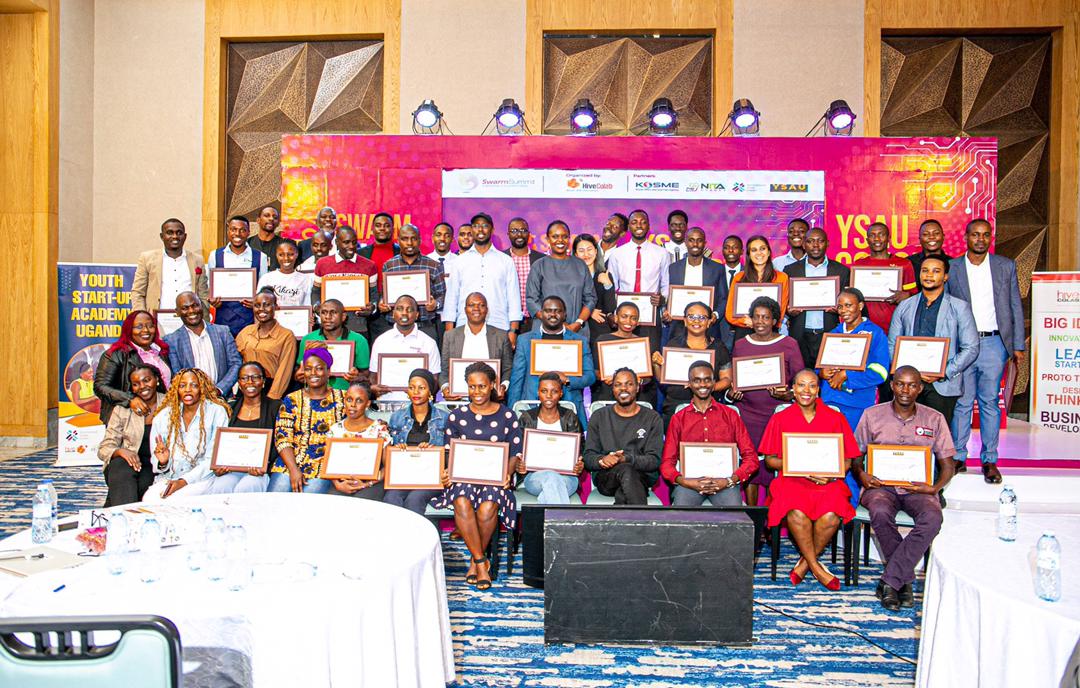Forests under siege: The growing threat of encroachment

Human encroachment threatens the integrity and sustainability of these vital ecosystems. From illegal logging and agricultural expansion to urbanization and infrastructure development, forests across the country are under siege, facing mounting pressures that undermine their ecological value and jeopardize the well-being of both people and wildlife.
At the heart of Uganda's forest encroachment crisis is the intersection of competing land uses and interests that often prioritize short-term gains over long-term sustainability and conservation.
As population growth, urbanization, and economic development drive demand for land and resources, forests are increasingly viewed as untapped opportunities for agricultural expansion, timber extraction, and settlement, leading to widespread deforestation and habitat loss.
One of the most pressing manifestations of forest encroachment in Uganda is illegal logging and timber harvesting, where criminal syndicates and unscrupulous individuals exploit forests for profit, often at the expense of local communities and the environment.
In regions such as Mabira Forest Reserve and Budongo Forest Reserve, illegal logging activities have escalated in recent years, threatening the biodiversity and ecological integrity of these critical habitats and undermining efforts to conserve them for future generations.
Moreover, agricultural expansion poses a significant threat to Uganda's forests, as farmers clear land for cultivation, grazing, and settlement, converting pristine forest ecosystems into fragmented and degraded landscapes.
Small-scale farmers, as well as large-scale agribusinesses, are increasingly encroaching upon forest reserves and protected areas, leading to conflicts with conservation authorities and indigenous communities who rely on forests for their livelihoods and cultural identity.
Furthermore, urbanization and infrastructure development are driving forces behind forest encroachment in Uganda, as expanding cities and growing populations place increasing pressure on forested areas for housing, roads, and other infrastructure projects.
In cities such as Kampala and Jinja, rapid urbanization and population growth have led to the conversion of forested lands into residential and commercial developments, exacerbating deforestation and habitat fragmentation in peri-urban areas.
In response to the growing threat of forest encroachment, stakeholders in Uganda are working to strengthen forest governance, enhance law enforcement, and promote sustainable land use practices that balance conservation with development needs.
Government agencies, such as the National Forestry Authority and the Uganda Wildlife Authority, are stepping up efforts to combat illegal logging, poaching, and land encroachment through increased patrols, community engagement, and law enforcement initiatives.
Moreover, civil society organizations, conservation groups, and indigenous communities are playing a crucial role in advocating for forest protection, raising awareness about the importance of forests for biodiversity, climate resilience, and human well-being, and mobilizing support for sustainable land management practices.
By promoting community-based conservation initiatives, sustainable agroforestry systems, and alternative livelihoods that reduce dependence on forest resources, these stakeholders are working to address the root causes of forest encroachment and foster greater harmony between people and nature.
However, addressing the complex drivers of forest encroachment in Uganda requires a coordinated and multi-stakeholder approach that addresses underlying social, economic, and political factors driving land use change.
By promoting inclusive decision-making processes, strengthening land tenure rights, and investing in sustainable development initiatives that benefit both people and the environment, Uganda can chart a course towards a more sustainable future where forests are valued, protected, and conserved for the benefit of all.













